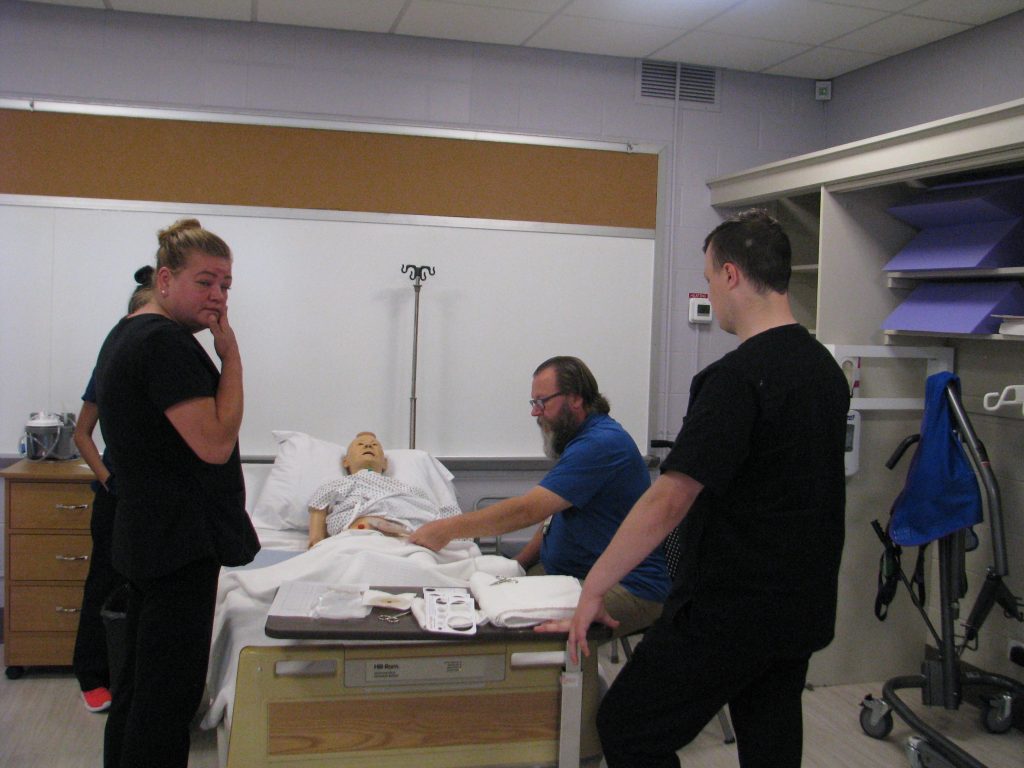What is Health Literacy?
Expanding Access to Health Education for Vulnerable New Yorkers
Communities across New York State often lack access to the basic social infrastructure that is essential for positive health outcomes—including housing, transportation, a living wage, social support systems, clinical care, food, and education.
To improve health outcomes for vulnerable New Yorkers, one of the many disparities we must address is in health literacy. The unfortunate reality is many New Yorkers don’t know what health information is important to know, how to access that information, or what preventative or treatment actions to take when presented with that information.
Education about health improves health outcomes. That is why the Foundation is supporting nonprofits focused on improving health literacy in New York.
One such effort is the Children’s Health & Socioeconomic Implications Project, run by the Icahn School of Medicine at Mount Sinai (ISMMS). The program uses experimentation, artistic expression, play, stories, group activities, and videos, as well as family activities and teacher training, to educate children on healthy lifestyles, food hygiene, good eating habits, and behavior to prevent risks associated with cardiovascular and other diseases.

The Foundation awarded a grant of $350,000 to the ISMMS to expand the program to children ages 4 to 5 in roughly 51 schools across New York City, supporting 4,500 New Yorkers. Additionally, the program will collect data, such as socioeconomic level and characteristics of teachers, to determine the effect such variables have on children’s response to the health program.
The hope of the project is not just to instill heart-healthy habits in children, their caregivers, and their teachers, but also to encourage further preventative, early childhood health education for New Yorkers.
Another organization focused on health literacy is the Gerard Place Housing Development Fund (Gerard Place). For over two decades, Gerard Place has offered transitional and supportive housing, life skills training, high school equivalency preparation, and employment skills training for homeless single mothers and their families. Gerard Place serves Buffalo’s East Side, where 67% of households with children under 18 are led by single women, and 85% of such households are below the federal poverty level.
Starting in 2019, Gerard Place expanded its services to include early childhood education and employment training for licensed practical nurses, certified nurse assistants, and home health aides. The Foundation supported the expansion of Gerard Place’s Pathways Out of Poverty Job/Career Center with a grant of $300,000 to provide job-specific skills training for healthcare careers to 100 low-income individuals.
Six of the ten largest employers in Buffalo’s East Side are healthcare providers. Training people in healthcare careers opens the doors to higher-paying jobs right in their neighborhood, and also enables students to use their skills and education to support their own communities with information and care.
We know New Yorkers can not have their best health outcomes without access to quality health education. ISMMS and Gerard Place are two organizations that are working every day to address the gap in health literacy for vulnerable New Yorkers, helping make healthier and stronger communities.
You can learn more about ISMMS work here, and Gerard Place’s efforts here.
